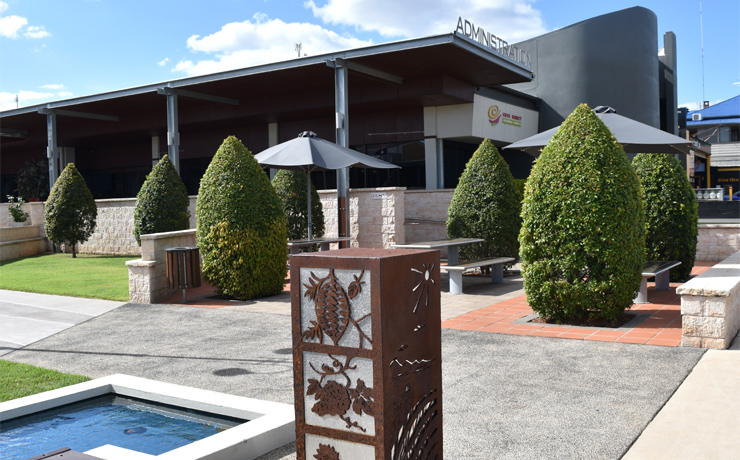

June 18, 2024
South Burnett Regional Council has issued a “buyer beware” warning for residents considering building a tiny home.
They have warned them to be cautious about buying lower cost housing options such as modified or expandable containers and other panel-type housing options which may not meet Australian plumbing and building standards.
“Recently Council plumbing inspectors viewed an expandable container that had been imported from overseas,” Mayor Kathy Duff said.
“The plumbing reticulation system was non-compliant with Australian standards and couldn’t be used.
“Council officers also identified that gas installations would need upgrading to meet Australian standards.”
Incorrect drainage pipework, water pipes and other fittings not meeting Australian standards are just some of the other deficiencies being observed in some of the lower cost options being marketed as compliant housing.
“Our Councillors and staff are concerned that residents are being caught out and left out of pocket by not undertaking due diligence,” Mayor Duff said.
“It can be a costly additional expense to completely replace the plumbing and drainage to achieve compliance.”
The Mayor’s concerns were echoed by Council CEO Mark Pitt.
“Councils are obliged to ensure all developments meet Australian plumbing and building standards to ensure the health, safety, and well-being of occupants,” he said.
“Container and factory homes in Australia are subject to the same regulations as built on-site homes and must meet the standards set in the National Construction Building Code of Australia and development codes.
“However, the rules for some housing options like tiny homes on a trailer may differ in Queensland compared to interstate, like NSW for example.
“Residents are urged to consult with qualified professionals such as architects, building designers, licenced building certifiers within Council or the private sector, and Council plumbing and drainage inspectors to ensure compliance can be achieved.”























